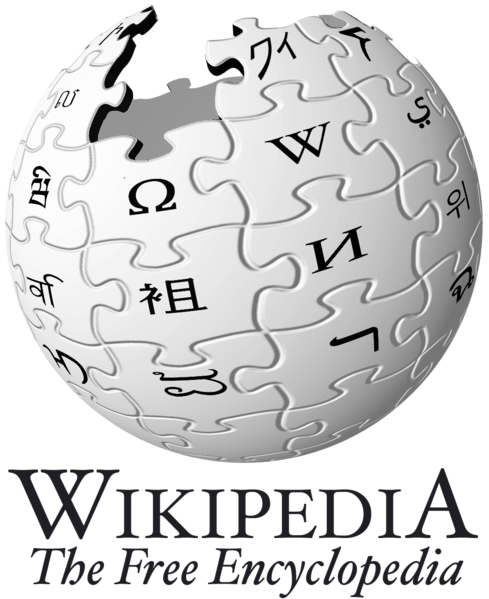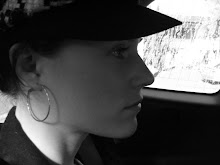
 When I was in highschool we were often told NOT to use Wikipedia. My peers and I could never understand why because it had absolutely eveything you could think of on it explained it so clearley and precisely. Most of the time, especially for Modern History, we would look up concepts and events in Wikipedia before starting our 'real research' so we could get our heads around it first. Of course we never quoted or referenced wikipedia - our teacher would be very unimpressed if he had known we had even used it, but it did come in ever so handy!
When I was in highschool we were often told NOT to use Wikipedia. My peers and I could never understand why because it had absolutely eveything you could think of on it explained it so clearley and precisely. Most of the time, especially for Modern History, we would look up concepts and events in Wikipedia before starting our 'real research' so we could get our heads around it first. Of course we never quoted or referenced wikipedia - our teacher would be very unimpressed if he had known we had even used it, but it did come in ever so handy!Since then I have discovered that there is a whole lot more to wikipedia than just the free online encyclopeadia. Still, the encyclopedia part is still useful, I think, for both teachers and students in the same way I used it in highschool - to get a good background knowledge of a concept/object etc. Also, the way it has links to other pages in its descriptions, making it non-linear, is also more relevant for learners.
Learners could use Wikipedia as a Learning Resource for ICT based Learning Tasks - for research, background knowledge etc. (Oliver, 1999). Learning Managers could also use Wikipedia to 'brush up' on topic before they teach them - there are lots of little interseting facts and histories that could be used to 'provide anecdotes and interesting "asides"' in lessons that helps learners to 'percieve tasks as valuable and interesting' (Marzano & Pickering, 1997, p.31;32).
As I mentioned, there is a whole world outside of Wikipedia - its the world of Wikimedia. Bellow is the list of what is included in Wikimedia, all of which is free to browse and, where applicable, use under the Creative Commons Licence.
| Wikipedia Free encyclopedia | Wikiquote Collection of quotations | Wiktionary Dictionary and thesaurus | |||
| Wikibooks Free textbooks and manuals | Wikisource Free source documents | Wikinews Free content news source | |||
| Commons Shared media repository | Wikispecies Directory of species | Wikiversity Free learning materials | |||
| MediaWiki MediaWiki software coordination | Bugzilla A bug tracker for MediaWiki | Incubator For potential new language versions | |||
| Wikimania The International Conferences | Test Wikipedia For testing software changes | Wikimedia Foundation Foundation public relations |
Marzano, R., & Pickering, D., et al (1997). Dimensions of Learning: teacher's manual. Aurora, Colorado, USA : McREL
Oliver, R. (1999). Exploring strategies for online teaching and learning. Distance Education, 20(2), 240-254.
Available from http://www.learningdesigns.uow.edu.au/project/learn_design.htm

No comments:
Post a Comment